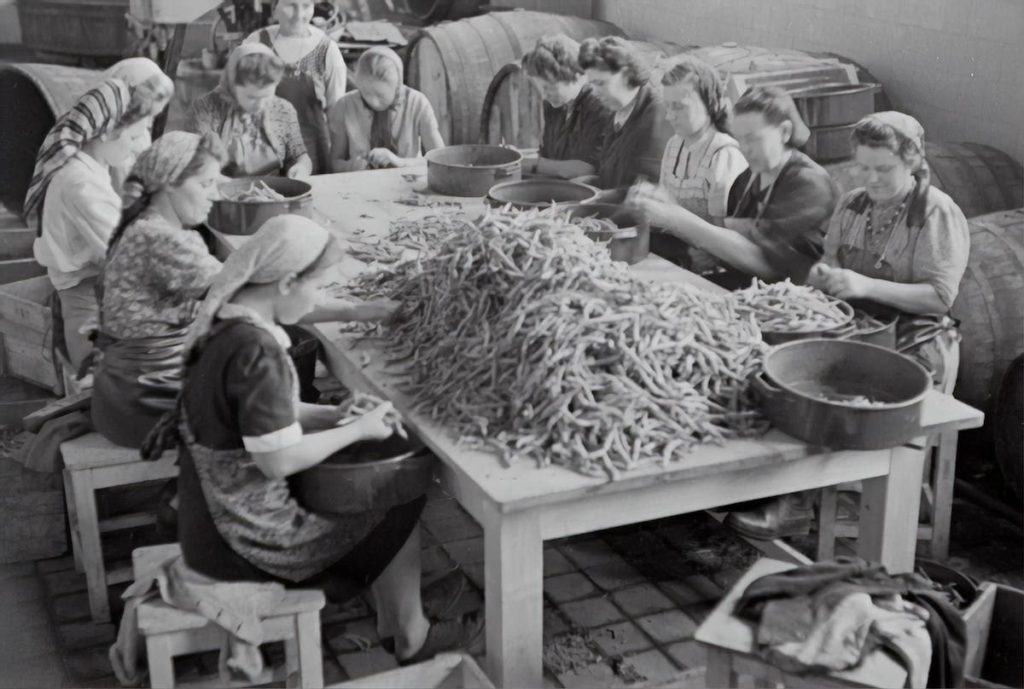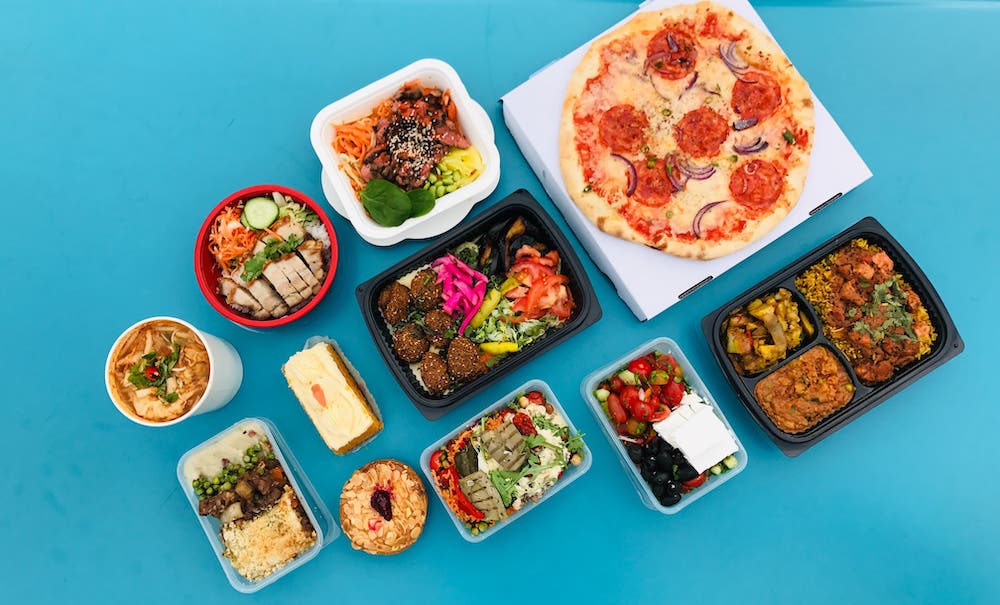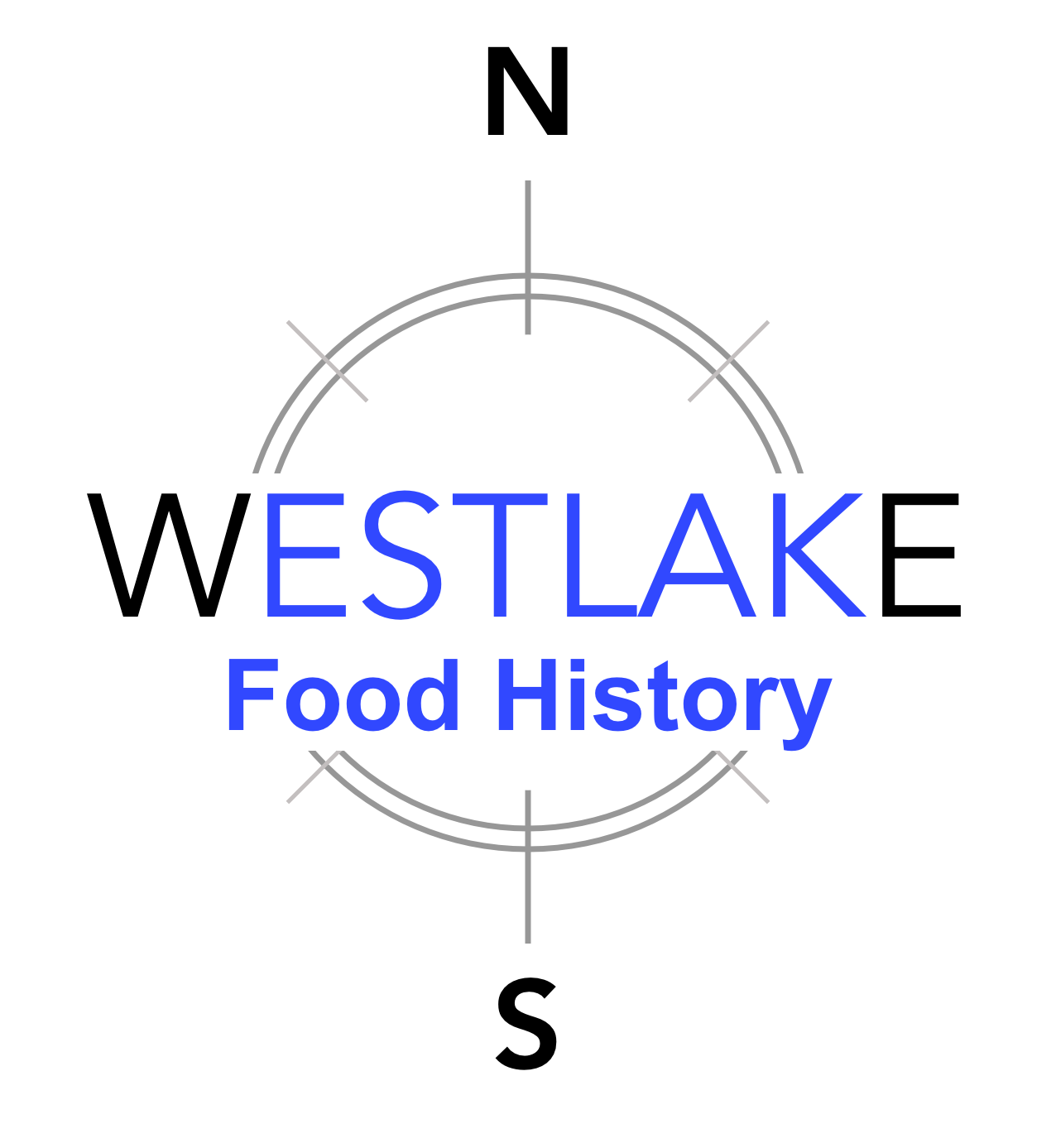
Have you ever wondered about the origin of the food that you love the most? Or maybe the history of food products in general? Throughout history, different cultures have contributed to the development of foods that you eat right now. If you really want to know about the history and origin of different food products, this guide by Noel Martin in Carrickmacross can help.
History of Food Production
Noel Martin is a leading food producer in Carrickmacross who knows the food industry inside out.
Food production is an ancient practice that has undergone many changes over the millennia. The first evidence of agriculture dates back to around 10,000 BC when early humans began to domesticate plants and animals. This allowed them to settle in one place and develop civilizations.
Over time, different cultures developed their own methods of food production, based on local conditions and resources. The Industrial Revolution brought further changes, as new technologies and transportation networks allowed food to be produced on a larger scale and distributed to more people.
Impact of Industrial Revolution on Food Production
The Industrial Revolution had a profound impact on food production and distribution. Prior to the industrialization of agriculture, most foods were produced by small farmers using traditional methods. However, the introduction of new technologies such as the steam engine and the cotton gin led to a dramatic increase in agricultural productivity. Large factory farms began to spring up across the country, and the mass production of food became possible for the first time.
The industrialization of food production had a number of consequences. First, it made food cheaper and more widely available. Second, it led to a decline in the quality of many foods, as mass production often resulted in lower standards. Finally, it created a new class of workers known as “food industry workers.” These workers labored in difficult and often dangerous conditions in order to bring food to the table.
Origins of Popular Food Products
A lot of your favorite foods have interesting origins. For example, did you know that the chocolate chip cookie was invented by accident? Legend has it that a baker was trying to make chocolate cookies but ran out of cocoa powder. He substituted baking chips made of chocolate and butter, and the chocolate chip cookie was born. Today, this beloved treat comes in all sorts of flavors, from classic chocolate chip to oatmeal raisin and beyond.
Another food with an interesting story is the grilled cheese sandwich. This simple yet delicious dish is said to have originated with the ancient Greeks, who cooked cheese between two pieces of flatbread. The modern version of the grilled cheese sandwich first appeared in the 1920s, and it has been a popular comfort food ever since. These days, there are all sorts of creative variations on the classic grilled cheese, from sourdough bread to cheddar cheese to avocado toast.
Similarly, the origin of the world-famous Caesar salad also has a fascinating history. While many think that it was named after Julius Caesar, who is said to have been a big fan of the dish, this is actually a false statement. Firstly, the salad as we know it today bears little resemblance to what Caesar himself would have eaten. He probably would’ve eaten salad that was made with whole lettuce leaves, anchovies, and dressing made from olive oil, lemon juice, and Worcestershire sauce.
It wasn’t until the 1920s that chef Caesar Cardini added croutons and Parmesan cheese to the traditional salad, creating the dish that we know today. While the exact origins of the salad are a matter of debate, there’s no doubt that it has come a long way from its humble beginnings. Now, you can find Caesar salads on menus all over the world, each with its own unique twist.
The Reuben sandwich is another food whose history will make your jaw drop. Legend has it that the Reuben sandwich was invented by a New York City deli owner named Reuben Kulakofsky. Kulakofsky was a regular at Lindy’s, a popular deli in Manhattan, and he is said to have created the sandwich as a way to use up leftover corned beef. The sandwich quickly became a menu staple at Lindy’s, and it soon gained popularity beyond the deli.
Currently, the Reuben sandwich is a classic American dish, and it can be found on menus across the country. You may come across different variations of the sandwich, but the most common ingredients used are corned beef, Swiss cheese, sauerkraut, and Russian dressing.
French toast is yet another food that people consider a classic for breakfast. But little do people know about its history. Though its exact origins are still unknown, it is thought to have originated in France in the Middle Ages. The dish likely began as a way to use up stale bread, as the egg and milk mixture helped to soften the bread and make it more palatable.
Over time, the dish evolved and became a popular breakfast food among the aristocracy. In America, French toast was introduced by early settlers who were familiar with the dish from their time in Europe. Nowadays, French toast is enjoyed by people all over the world and can be served with a variety of toppings, from fruit to syrup to whipped cream.
Influence of Different Cultures Through History on Food Products
The ingredients and methods used in cooking have been influenced by cultures from all over the world for centuries. For example, the first stir-fry was created by Chinese immigrants in the United States, who adapted their traditional cooking style to the available ingredients. Italian immigrants brought pasta and pizza to the United States, and introduced Americans to the joys of olive oil and garlic.
On the other hand, Indian spices such as curry have become popular in many different cuisines, while Mexican dishes such as tacos and enchiladas have gained popularity around the world. As people have become more mobile, and as transportation and communication networks have become more globalized, the ingredients and methods used in cooking have become increasingly diverse. This has led to the development of new and unique dishes, as well as a greater appreciation for the culinary traditions of different cultures.
Spain also has a long and rich history when it comes to influencing food products. Spanish cuisine has been influenced by a number of different cultures, including the Romans, Arabs, and Jews. This can be seen in the wide variety of dishes that are popular in Spain today. For example, paella is a dish that was originally introduced by the Arabs, while gazpacho is a soup that has its origins in Roman cuisine.
Spanish food is also known for its use of fresh ingredients, such as olive oil, tomatoes, and garlic. This focus on freshness is a reflection of the Mediterranean diet, which is widely considered to be one of the healthiest diets in the world. In addition to being healthy, Spanish food is also incredibly delicious.

History of Ready-to-Eat Meals
The modern ready-to-eat meal is a far cry from the simple hunger-satisfying fare of our ancestors. The first ready-to-eat meals were probably little more than dried meat or cooked grains that could be carried on long journeys and eaten without preparation. As trade routes opened up and transportation became more reliable, ready-to-eat meals began to take on a more luxurious character.
Canned meats, for example, became popular in the 19th century as a way to enjoy fresh seafood even when miles from the coast. Today, ready-to-eat meals are big business, with entire supermarkets devoted to selling everything from gourmet pizza to microwaveable dinners. While your ancestors would probably be mystified by the variety and complexity of today’s ready-to-eat meals, they would no doubt be pleased to know that you have found a way to ease the burden of preparing daily meals. Thanks to the ready-to-eat meals, you can now enjoy a delicious and nutritious meal with minimal effort.
The Future of Food Production
The future of food production is a hot topic of debate. Some believe that people will need to increase food production in order to feed the growing world population, while others feel that everyone will need to decrease food production in order to protect the environment. There are a number of factors that will influence the future of food production, including advances in technology, changes in diet, and the impact of climate change. One thing is certain: the way food is being produced will have to change in order to meet the challenges of the future.
Moreover, you also have to think of the upcoming food trends and you can accordingly try to change your palette in order to get accustomed. For example, plant-based diets, relying on local and sustainable produce, healthier snack options, and ethnic cuisine may become popular in the years to come.
In short, the history of food products is a fascinating one, and by understanding the origins of your favorite snacks, you can appreciate them even more and prepare for the future. From ancient times to the present day, humans have been inventive in their quest for tasty treats. Who knows what new and delicious foods will be invented later! You can only hope for the best and prepare for the delicious meals that come your way.
Sources for more info from Noel Martin:
https://irishdirectory.ie/biz/dunkeel-noel-martin-carrickmacross/
https://www.yelp.com/biz/noel-martin-carrickmacross
https://www.tuugo.info/Companies/dunkeel-noel-martin-carrickmacross/0340002641222#!
https://www.successcenter.com/monaghan/carrickmacross/services/dunkeel-noel-martin-carrickmacross
https://carrickashedoge.infoisinfo-ie.com/card/dunkeel-noel-martin-carrickmacross/211309
